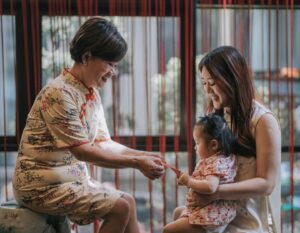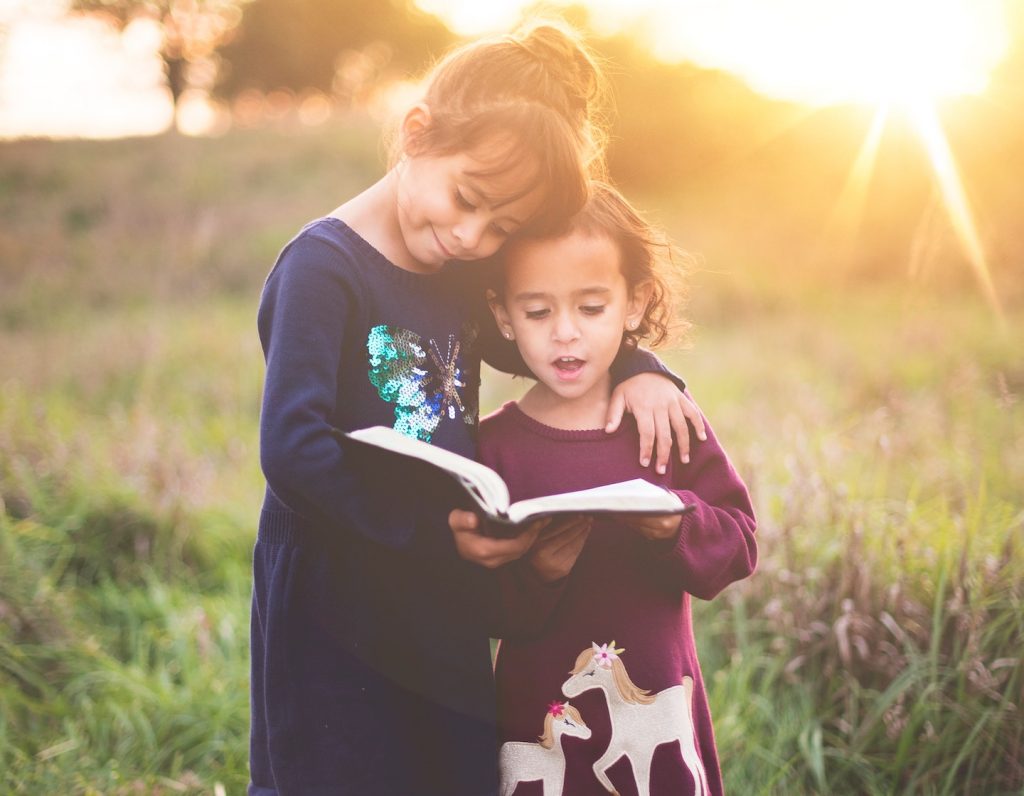
Raising global citizens
Children in Hong Kong grow up immersed in languages from all over the world. They use Chinglish to order food on the grungy side streets of Causeway Bay and Yau Ma Tei (gai daan zai / 雞蛋仔, anyone?). They mimic the MTR lady who asks passengers to “please stand back from the doors” in three languages. They even have the ability to identify nuances in the accents and vernacular of American, Australian, British, Canadian, Canto, Kiwi and Singaporean Englishes. While these three examples are idiosyncratic of children who grow up in Hong Kong, they also speak to three important reasons why multilingual children thrive in the 21st century.
Global Citizens/全球公民
The trilingual MTR lady teaches Hong Kong children to be global citizens. In this case, a child is exposed to three languages that communicate the exact same message. Global citizens are people “who identify with being part of an emerging world community.” In this example, children see language as the vehicle that carries a message to this world community, rather than fixating on language as an identity marker. In other words, multilingual children bridge linguistic identities and disrupt the ideology of One Nation, One Language (e.g., China = Chinese, Germany = German, Japan = Japanese). Research also demonstrates that children who speak multiple languages have heightened interpersonal skills and are often better communicators, which makes them strong players in building a global community.
Open-Minded Citizens/開明的公民
How does street food turn you into an empathetic citizen? The key is to understand what type of food we are talking about. While some vendors have waffles dripping with peanut butter and condensed milk, others have squid tentacles doused in barbecue sauce or cheese-filled beef balls that squirt when you take a bite. Moving indoors to the multicultural food courts of any shopping mall, children are exposed to new foods with foreign names like nasi goreng, bi bim bap, pho dac biet or daal chawal. But what does that have to do with being open-minded? Developing a multiethnic palette heightens children’s awareness of foods that are different from what they might normally eat at home, and cultivates an appreciation for things that would otherwise be labeled as grotesque, unappealing, or ‘other’. Research affirms this phenomenon as multilingual children readily embrace differences and are more likely to venture into another person’s shoes (or kitchen!) before casting judgment.
Read more: Kids Eat Free: Family Friendly Dining in Hong Kong
Intelligent Citizens/聰明的公民
Finally, beyond the obvious social advantages of speaking multiple languages, scientists show that being multilingual makes you smarter. While distinguishing between the various Englishes spoken in Hong Kong may seem like a trivial feat, the cognitive processes enabling this understanding should not be underestimated. In fact, research in the cognitive sciences demonstrate that bilingual children in the early years outperform monolingual counterparts on various mental puzzles and executive functioning skills. They also learn faster when presented with new speech or visual cues. Extending this research to the elderly population, bilingual patients are more resistant to the onset of dementia and other symptoms of Alzheimer’s disease than monolingual patients.
Read more: Our Ultimate Guide to Summer Camps
As children in Hong Kong are exposed to a diversity of languages, they have opportunities to become more global, open-minded and intelligent citizens. Now, it is our responsibility to equip them with the linguistic skills needed to fully thrive in Hong Kong’s globalised community.
 View All
View All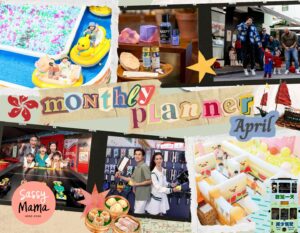
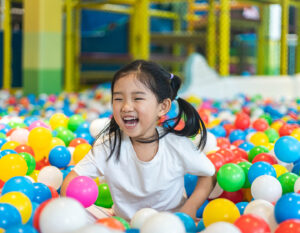



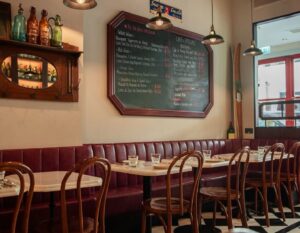
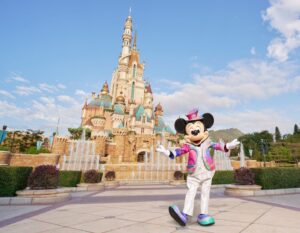



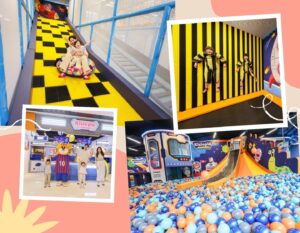
 View All
View All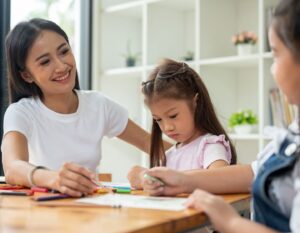



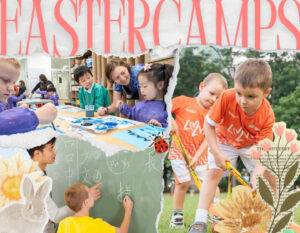

 View All
View All


 View All
View All

